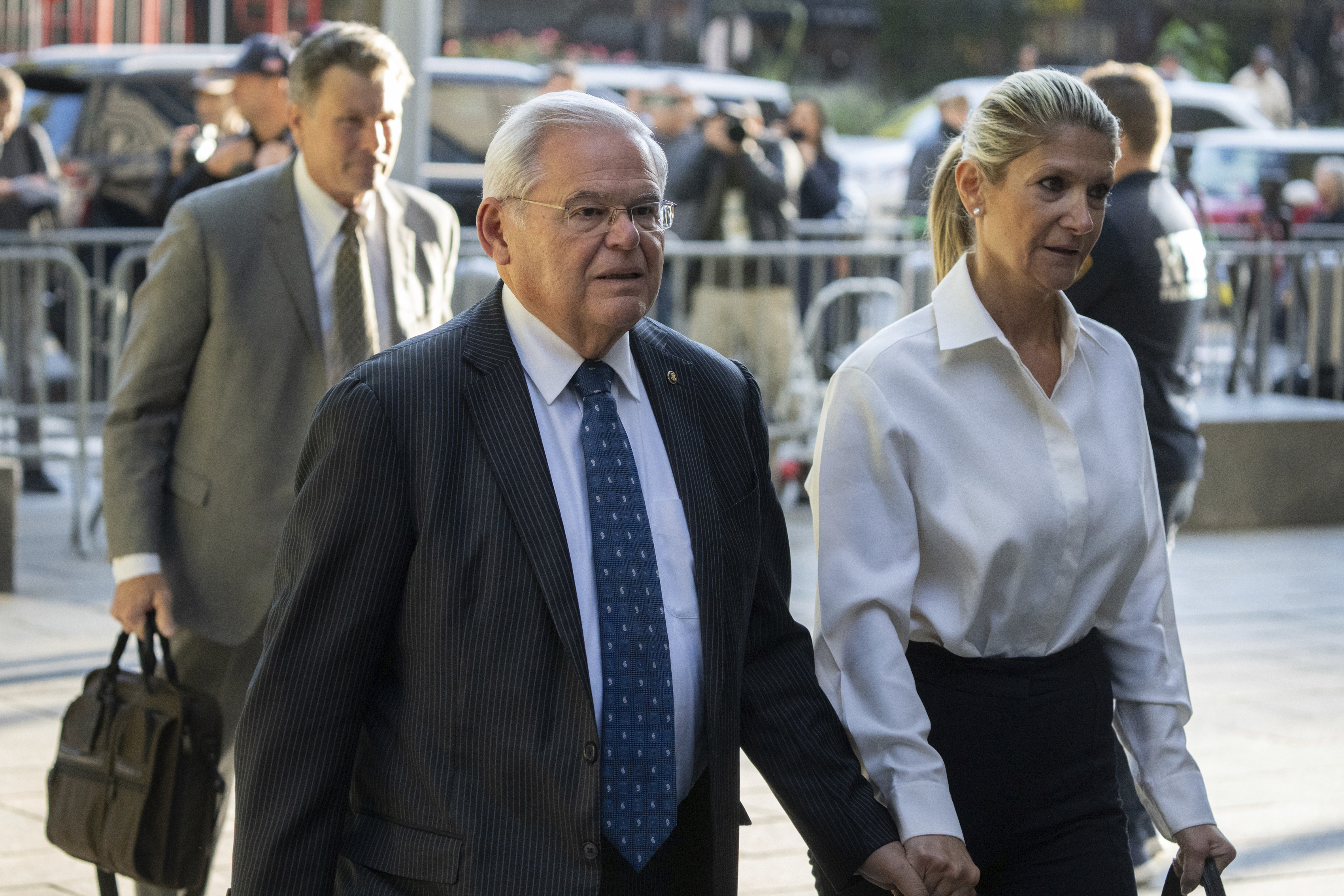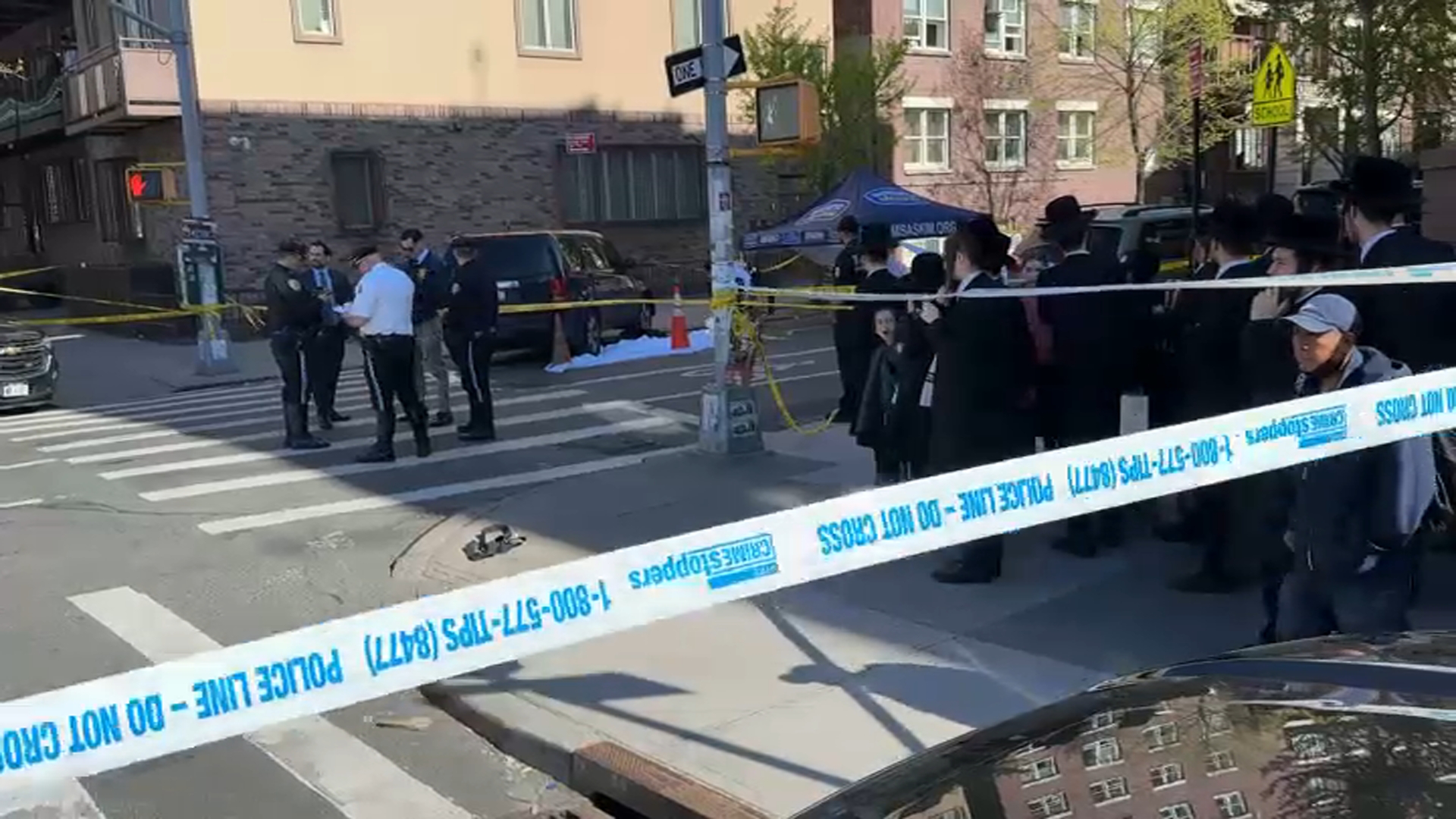What to Know
- Rent in New York City is one of the highest in the country, and now the proposal seeks to increase the rental price of rent-stabilized apartments by 15.75% for 2-year leases.
- A panel appointed by Mayor Eric Adams unveiled the proposal Thursday that would affect about a million rent-stabilized apartments. This would be the largest rent increase in New York City in decades.
- During a hearing with the Rent Guidelines Board, representatives of the owners of these apartments alleged that the high cost of living and inflation are the factors for requesting the increase. However, tenant advocates say such a rent hike would lead to many to become homeless.
The outcry against reports of possible rent hikes for rent-stabilized apartments has been swift despite no such action taking place -- as of yet.
Rent in New York City is one of the highest in the country, and now the proposal seeks to increase the rental price of rent-stabilized apartments by 15.75% for 2-year leases, the New York Times reports.
A panel appointed by Mayor Eric Adams unveiled the proposal Thursday that would affect about a million rent-stabilized apartments. This would be the largest rent increase in New York City in decades.
Get Tri-state area news and weather forecasts to your inbox. Sign up for NBC New York newsletters.
During a hearing with the Rent Guidelines Board, representatives of the owners of these apartments alleged that the high cost of living and inflation are the factors for requesting the increase.
While tenant advocates argued that the increase would lead to ordinary people simply not able to continue living in the Big Apple.
In response to landlord advocates' calls on the Rent Guidelines Board to raise rents on rent-stabilized units by as much as 16%, the New York City Council's Progressive Caucus said they are against such hike, but instead urge the RGB to take into consideration the tenants above profits.
News
“We are united in firm opposition to any rent hikes on rent stabilized units by Mayor Adams’ Rent Guidelines Board. While we understand that the Board may consider all the data in today’s Price Index of Operating Costs report, we urge the Board to prioritize the City’s struggling tenants above landlord profits," the board said in a statement released Friday. "It would be a dereliction of duty to even consider these inflammatory figures, especially at a time of skyrocketing evictions, systemic warehousing, and given last year’s rent increases of 3.25% for one year leases and 5% for two year leases."
According to the Progressive Caucus, another rent increase would push millions of low-income New Yorkers closer to eviction and homelessness.
Meanwhile, Sochie Nnaemeka, Director of the New York Working Families Party, shared similar sentiments.
“The outrageous rent hikes proposed by Mayor Adams’s Rent Guidelines Board would only fuel homelessness, displacement, and push more families to the edge. We fully and unequivocally reject any further rent hikes," Nnaemeka said in a statement.
New Yorkers were also quick to denounce the possible rent hike for rent-stabilized apartments.
"Wages haven't gone up, they're not the same. How are we going to pay rent? That's a lot," said Iada, a renter in Washington Heights, who is against any such hike taking place.
"I think it is horrible," José Faustino, of Washington Heights, said of the proposal. "Rises in wages should also happen...so it would be level, because buying food right now is very expensive."
"I think it is a bad idea because things aren't great now," Washington Heights resident, Belkis Batista, said.
"That would be horrendous because the current situation, especially for us the poor, we already have three, four jobs just to try to meet our rent payments. Imagine if [rents] rise to the level they are thinking. That would terrible," Victor Araujo, a Washington Heights renter, said.
The board will continue hearing public comments between now and June before reaching a decision.
Although any decision made would pertain to rent-stabilized units, it is unclear how it will impact rent for units not under rent stabilization.



